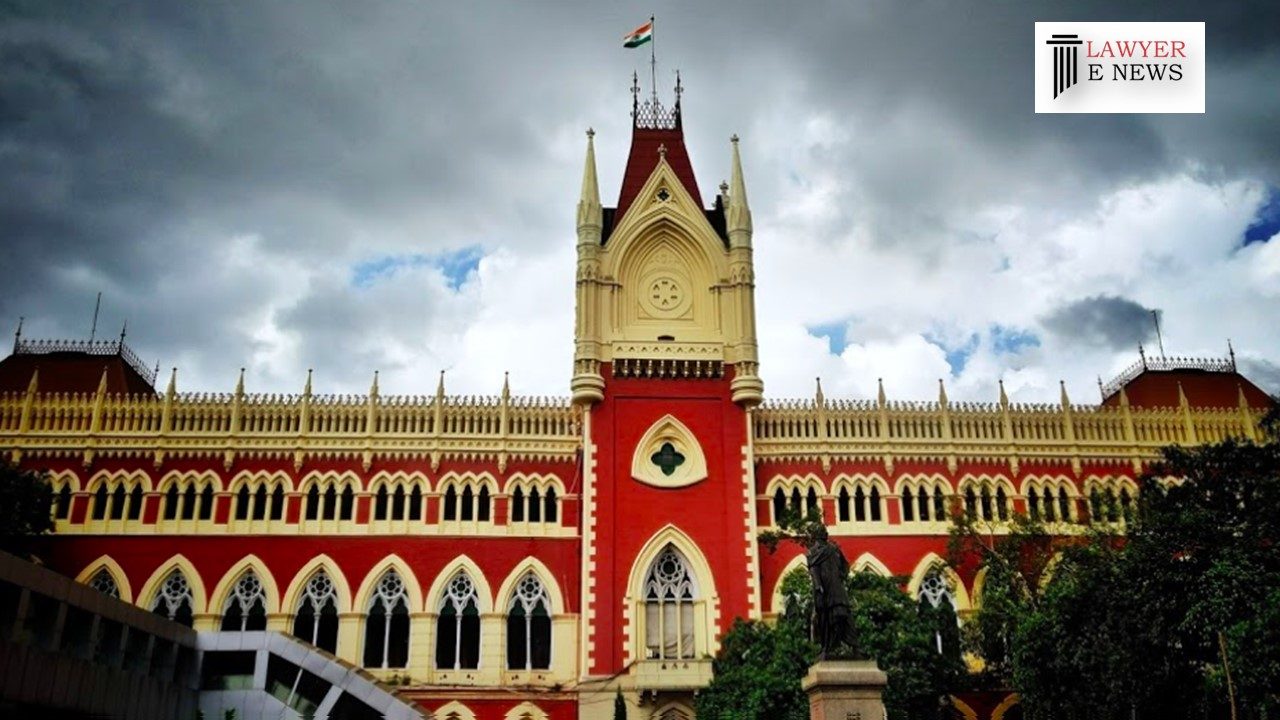-
by Admin
15 February 2026 2:16 AM



In a significant judgment today, the High Court of Calcutta has upheld the decision that Bridge and Roof Company (India) Ltd. Is liable to pay interest on delayed payment of arrears to a retired employee, citing that the settlement agreement should be executed immediately or within a reasonable period after signing. The judgment addressed the company’s challenge against a previous direction to pay interest for the delay pursuant to a settlement agreement dated March 30, 2019.
Legal Context and Company’s Position
Bridge and Roof Company (India) Ltd. Had entered into a settlement agreement with its employees in 2019, which stipulated payment conditions for arrears covering the period from January 1, 2017, to December 31, 2026. Despite acknowledging their financial capability demonstrated by profit disclosures from 2016 to 2021, the company delayed the payment of arrears until November 24, 2022, without including the agreed interest.
Isses at Hand
The main legal issues revolved around:
Whether the High Court’s intervention was warranted despite alternative remedies available under the Industrial Dispute Act, particularly Sections 33 C(1) and 33 C(2).
The justification of imposing interest on delayed payments despite no specific clause in the settlement about interest entitlement.
Court’s Assessment and Ruling
The court meticulously rejected the company’s arguments that alternative remedies precluded High Court jurisdiction. It emphasized the immediate enforceability of settlements upon signing, as per Section 19 of the Industrial Dispute Act. The court observed that, “In absence of any dates specified for operation of the settlement… it shall be the date on which the memorandum of settlement is signed.”
Justice Soumen Sen noted, “The settlement becomes enforceable on the date of signing. The appellant had the financial capacity and there were no supervening circumstances justifying the delay in payment.” The decision also highlighted that the employer’s obligation is not diminished by the availability of alternative legal remedies or the need for exhaustive evidence.
Conclusion and Impact
his uling reaffirms the principle that settlements are binding from the time of their signing and that employees are entitled to their dues without unreasonable delay. The court’s stance on ensuring that companies adhere to their commitments in employee settlements will likely influence how employment disputes and settlement agreements are handled in the future.
Date of Decision: May 7, 2024.
Bridge and Roof Company (India) Ltd. Vs. Kamal Biswas & Ors.,
